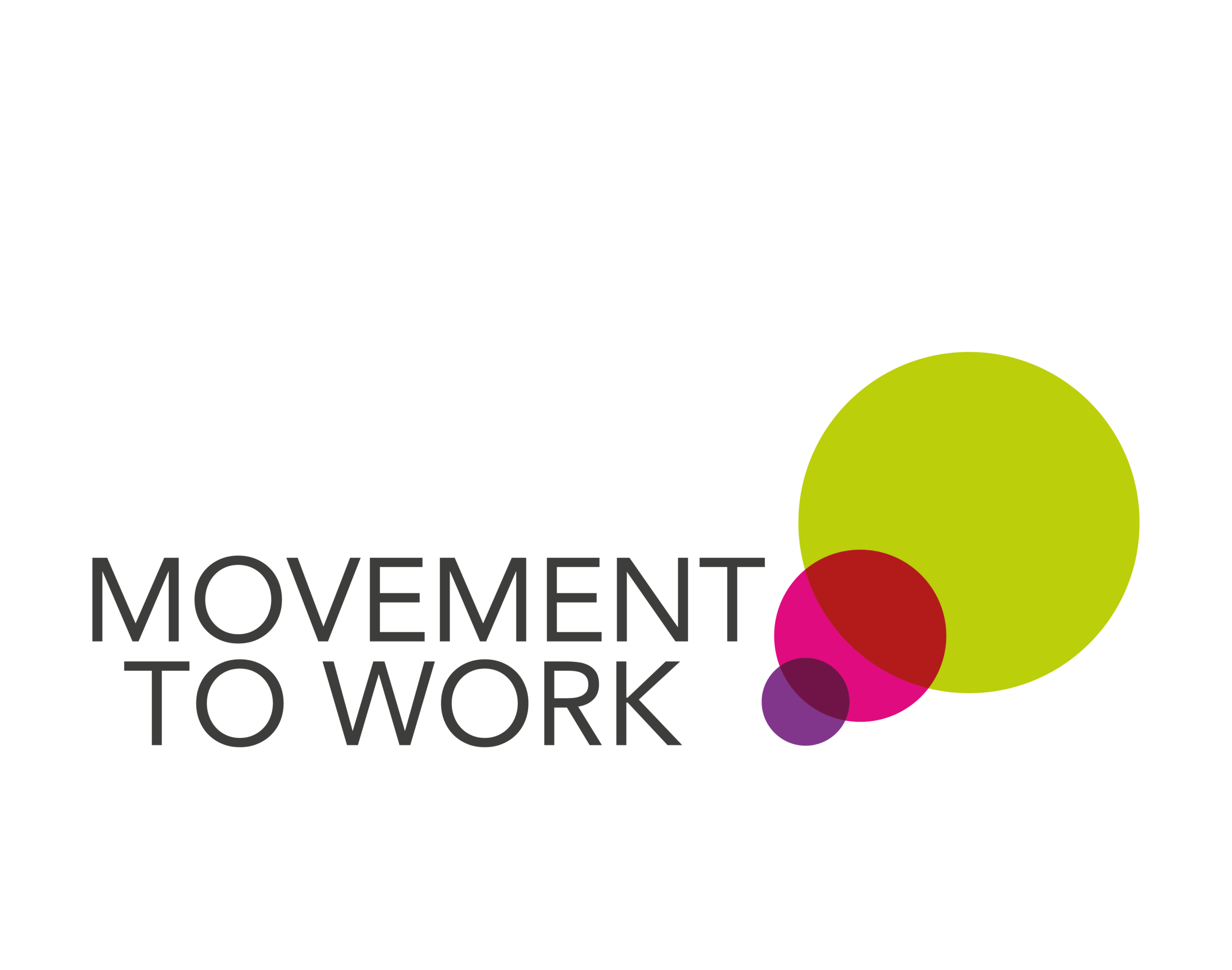 Movement to Work’s David Holmes, Head of Partnership Development on why embracing diversity is good for business.
Movement to Work’s David Holmes, Head of Partnership Development on why embracing diversity is good for business.
Last week, I compered a panel on why embracing diversity is good for business, at KellyOCG’s Talent Leadership in Action event. The powerful stories from the panel and levels of engagement from the corporates in the audience were truly inspirational.
Championing the importance of diverse and inclusive workplaces and celebrating compelling personal success stories, often in the face of adversity, that ultimately lead to enhanced business performance, have been common themes that have emerged throughout my secondment to Movement to Work.
Tuesday’s panel was made up of Movement to Work graduates and partners; Anastacia Jamfrey, now working at BAE Systems, Jordyn Macdonald, from British Gas and Irfan Ayub, from Berkeley Homes. Also included was Ray Coyle, Chief Executive of Auticon, an IT and compliance consulting business whose consultants are all on the autism spectrum.
It was inspiring to hear how Movement to Work had proved to be the turning point and provided a launchpad for these young people to embark on their careers. Anastacia described how she had become a mother at the age of 16 and had spent long periods unemployed, until she came across Movement to Work and started a placement at BAE Systems, which led to an apprenticeship.
Anastacia said “Whilst inclusion isn’t just about more women in engineering, I can’t remember how many times I’ve heard girls I talk to say they’ve been told they should be hairdressers or work with children.” Movement to Work can be the facilitator to drive change and allow business to have a positive impact in the areas where they are located. Anastacia reflected on her achievement, “I’ve no STEM qualifications but because BAE Systems got to see me operating in the workplace, I now work in the engineering sector and have become a passionate STEM ambassador.”
Jordyn left school and become homeless at 17, so it wasn’t surprising that it was difficult for her to find employment. Eventually, she started a work placement with British Gas and went on to secure a customer service apprenticeship. Through Movement to Work, Jordyn met Anne Milton, the Minister of State for Education: “I told her what had happened to me. It got quite emotional but there was no doubt that by the time I left Anne supported what Movement to Work is doing.”
Irfan had been exposed to criminal activities from an early age and had been expelled from school with no qualifications. He found a work placement through Street Elite, the youth development initiative that uses sport and mentoring to motivate young people. Irfan echoed what Anastacia had said about the opportunity provided by Movement to Work, “I’m in a job where my colleagues must have degrees. I’ve no qualifications on paper but by being seen first-hand in the workplace, it meant I didn’t need them. More employers must recruit this way.”
Ray described the tangible business benefits of neurodiversity; Auticon consultants have abilities that set them apart from others. They have a genuine awareness for quality, outstanding attention to detail and intuitively recognise novel patterns in complex quantities of data. Yet so many of them had found it hard to find work that suits their abilities, with only 17% of autistic adults in paid full-time employment. In an earlier session, Ray had described discovering one consultant who had worked on some of CERN’s most complex projects: “When he returned to the UK, we found that he’d ended up delivering pizzas.”
Hearing first-hand from the panellists, the thing that resonated with me the most, was at some point in our lives, whether it be personally or professionally, we have all been reliant on being presented with an opportunity. For young people such as Anastacia, Irfan and Jordyn, who have faced challenges getting into employment, Movement to Work provided that life-changing opportunity.
To read the full article click here.
